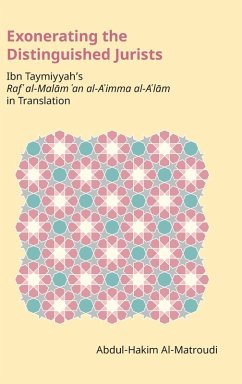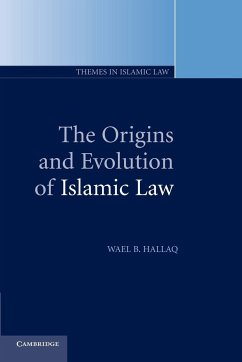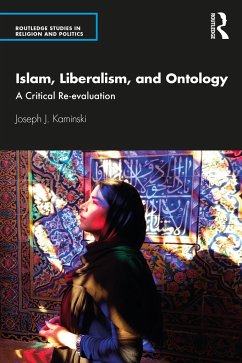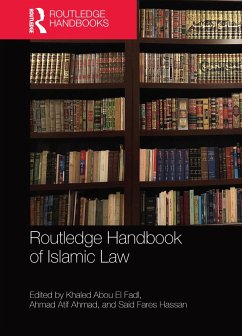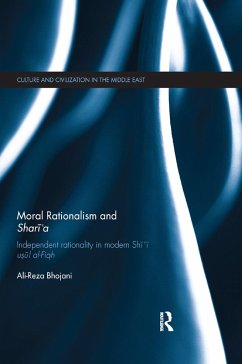
Muslim Qur¿¿nic Interpretation Today
Media, Genealogies, and Interpretive Communities

PAYBACK Punkte
47 °P sammeln!
This book takes a comprehensive look at the ways in which Muslims interpret the Qur'an today and at the themes and structural conditions that shape their engagement with their sacred scripture.





